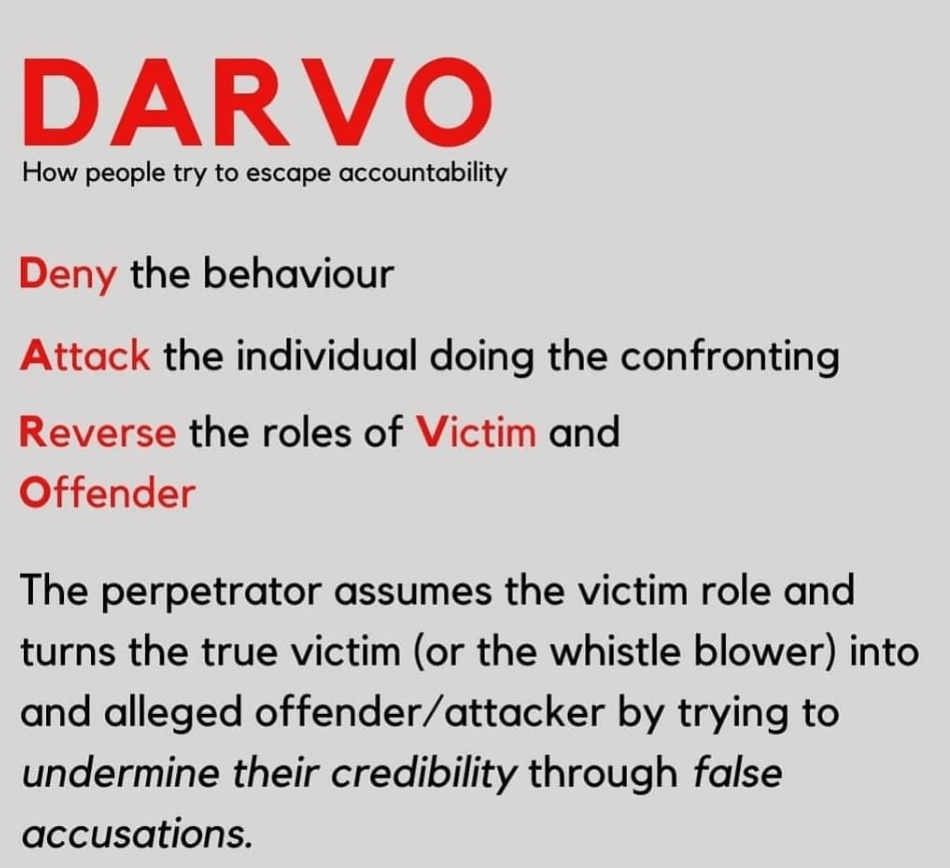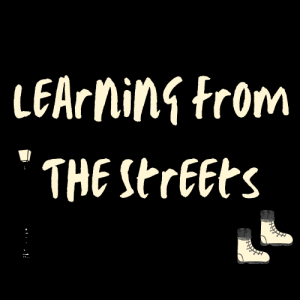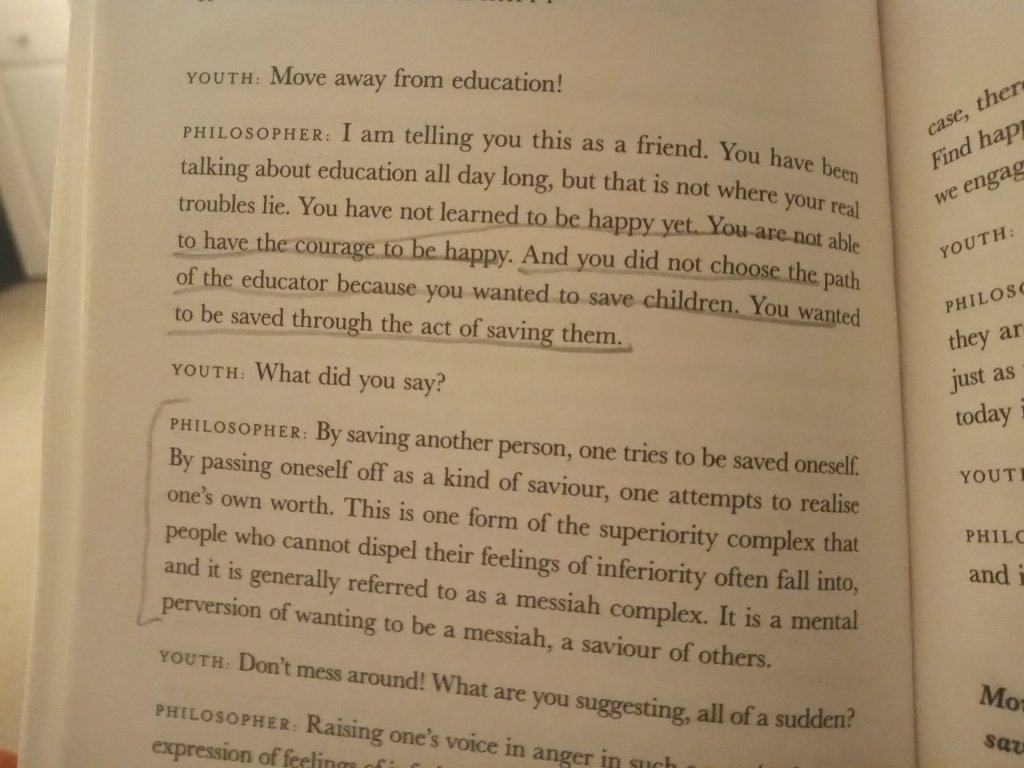Two years ago I wrote a piece about why it’s likely there’s a Psychopath in a Church. This was on the back of, two high profile cases. As Thomas Eriksen writes; of the top 10 professions in the UK that a psychopath might be in, Spiritual Leader was one. In fact, Spiritual leader was 8th on the list. CEO and Media/Journalist was in there too -both places of power, with the power to criticise without question. So, let me ask a question, if the top professions are CEO (of any organisation) and Media/Journalist (of any media) – What are two of the predominant roles in the larger cultures of churches that have grown in the last 10-15 years?
The Brand Specialist? The National Director? The Chief Operations officer? The Comms team?
Male – mostly, but lets not propel a myth that it couldnt be women, for as Zizek writes:
In this new version of sexual difference, Women are not called upon by the ruling ideology to subordinate themselves, they are called – solicited, cajoled, expected, to be judges, administrators, ministers, CEO’s, teachers, policewomen and soldiers…. A new figure of the feminine is arising: a cold competitive agent of power, seductive and manipulative, attesting to the paradox that ‘in the conditions of capitalism, women can do better than men’ (Badiou) This of course, in no way makes women suspicious of capitalism, it merely signals that capitalism has invented its own ideal image of woman
(Zizek, The Courage of Hopelessness, p 271)
There’s both a covert and a victim playing narcissist, both more often female. Here are two really useful videos on it, by a female psychologist. If you want to read more, do look in my resources section here too.
There’s a hidden/covert thing about emotional and psychological abuse, that only reveals itself when it is provoked and exposed, Men, might likely to be the ouvert psychopath and do actions that get caught… eventually (and even this can be over many years) , but Women are more likely to be the covert narcissist. Their victims are less likely to have bruises or be sexual victims in the same way, less likely to have the kind of injuries that end up as a prosecutable case. But their victims face bewilderment, confusion and shame.
Until they do that one thing..and get caught.
Im pondering the question – if there are more likely to be emotionally and psychologically manipulative people in churches, then what might be required to protect people from them, and protect those who may be at risk from being groomed by them in any investigation?
And, especially , as this kind of abuse is so difficult to find evidence for.
Let’s look at an example. An example of how a group of people might respond if they had realised they had been manipulated over many years and they had only just been able to gather evidence of it.
Imagine it is 1975, and you are the newly appointed General Secretary of the United Nations, Gaston Thorn, and you have created a few policies and documents on developing more flourishing countries, and inviting those who have experienced mistreatment to come forward.
You receive this letter.
You receive this letter.
What do you do?
From this you determine that there are a number of charges against the USA , but also that they are describing mistreatment that sounds like manipulation, control, and difficult to articulate scenarios, it also seems as though they have had to work out how to live and survive within this regime. Though there might be phsycial injuries and deaths, the dead can’t speak, but those in the midst of the fear, anxiety and terror can.
But, it wouldn’t be fair if you didnt ask the accused for their response to this, would it? So, thats what you do.
You write a letter to the USA President asking three specific things:
- Did you steal items for your own good, then set rules on tarifs that meant these people remained in poverty?
- Did you bomuse your bombs to injure and kill these people?
- Have you conducted surveillance in this territory on everyday people?
Three months later, their response looks like this:
It arrives on your desk.
With either your 1975 or 2023 eyes – what strikes you about this letter?
Can you see the patterns? How many? This might be one of them, but anything else?

Did you even get an answer to your questions?
What words are completely unnecessary in the reply?
Did you expect anything else? – given what was being accused? What use was your request?
Did you expect a truthful confession?
For not only do those who commit psychological abuse do it, they also use it in the process of any investigation into them.
It’s also going to be pretty difficult for you as the UN officer in this case to enact charges when the US is accused of doing something, on their own land. Fast forward to cases of domestic abuse, the perpetrators claim possession and the entitlement to do such a thing.
How would you interview the President on this? If they haven’t lied outright, or admitted anything blantantly – how would you get to finding out whether they actually did or didnt do what they are accused of – instead of justifications, projections, scapegoating, gloating, or distractions?
What about asking each of the parties for a verbal report? But what might be the risk if you were in conversation someone who sounds threatening – might they threaten you more – or maybe they’ll do the nice guy thing and make out that the other person is going crazy? (crazy because thats the scenario created by the oppressor)
Interestingly: It would be very likely that the Puerto Ricans would be able to see the patterns, they have lived them. They had to do the work, extensive work to see it. They had to build a case, with a group of people and make a case. It wasn’t just one person against another – but you only have two letters in front of you and you can’t be seen to be unfair.
What might be the problem if you try to ‘stay neutral’ in this scenario…

See what you’ve got yourself into, once you suggested that mistreated countries could come forward…?
Maybe more accurately, what has now happened that you have two not quite contrasting situations of the same events, one giving details the other not really actually denying it, but justifying it. So it’s almost certain that the events happened.
What might you have needed to do differently if words like coercion, control and manipulation were used, should the investigation taken a different form?
Want to see how actually crazy this story actually happened , I base my reading of the scenario from this video: How the USA Stole Puerto Rico There are many other global examples of imperialism I could have chose, but the way in which the USA conducted long lasted psychological abuse in this country (according the video) gave me food for thought.
I hope one day the people of Puerto Rico get justice, the letters are fictitious, examples of what could have happened. The US even kept records of their psychological abuse.
So let’s fast forward to 2023.
Psychological and Emotional Abuse is a category of Abuse in many churches safeguarding policies, Neglect is rife in Child protection situations (including in the church) . There can be barely evidence for any of these things, and many many people wear a mask to hide it, protect themselves from the horror of it and live within it, until they gather the strength to share it.
Thats until….Until something that actually happens that can actually be reported or a group of people realise together how they’ve all been treated and report collectively. In the above case it could have been the realisation of an undercover FBI agent, or something small like, well, being bombed… but these could even be tips on a gigantic iceberg of deceit, abuse, pretence and covert behaviour. What happens then, the persecutor claims to have been bullied out of a place.
It’s like a fungi. The knotted twisted mitochondria has twisted and gathered and injured underneath the the ground for a very long time, and its only when there’s a visible action’ an often disbelieving one (see also Matilda and Mrs Trunchbull) that shows itself where something can happen. The calculated risk is taken when the victims is deemed too vulnerable to stand up for themselves. This will almost definitely be the scenario in any domestic abuse situations.
And… what psychological or emotional evidence might the police, church or organisation require for safeguarding or criminality? And how would go about finding this further – what knowledge would be needed to know about how people thrive and survive in prisoned/manipulated situations to capture it?
Maybe a trained psychologist/therapist in hearing people – to go in and listen to stories? It all might build a picture. If people are scared to speak out, then it might say something. What about the trail of long term behaviour and patterns could there be further investigation? (Yes the USA did exert the same behaviour over 4 island territories in 1898 onwards, what red flags might there be in previous workplaces, or relationships)
It would be no surprise that those who have been emotionally and psychologically and spiritually abused stay quiet, for although they might have confidence they’ll be believed, they have little confidence that those investigated are unlikely to be manipulated themselves. Especially if, as was evidenced in the ‘Spotlight Movie’, triangulation, gaslighting and the powerful protect and stand with each other. The oppressed know their oppressors more than the oppressors know themselves, because often the oppressor doesn’t want to get anywhere close to their own reality, hiding behind a pretence. The abused know the patterns.
Can an organisation claim to be for victims of abuse – if it hasnt gone out of its way to educate itself or create processes with those with specialist knowledge on it, or protect itself from being manipulated too, for, the psychopath will stop at nothing to lie to protect themselves, they always lie. (the victim knows this) What might happen if those who have covert or overt psychopathic tendencies rise to the top (as they always do, they are addicted to power) ? What happens then to those making decisions on cases – are the even aware of the possibility of this kind of behaviour?
If this kind of behaviour is likely to be on the increase, what steps might structures take to increase the psychological profiling of those candidating for ministry? What emotional awareness might be increased , just like justice awareness has also done in the last few years? (and, its not just ministers, but lets start somewhere)
And if then the persons aren’t convicted, criminalise or ‘enough evidence’ then are those who abuse galvanised further? Would it be better not to have said anything?
It just strikes me that when psychological/emotional or spiritual abuse is the crime, that the criminal evidence trail is likely to be small, but it will be there, just requires specialist tools to discover it and protect people from it, not just the individual having to protect themselves or thrive, despite it.
I know I have a lot of questions in this piece, they are largely rhetorical, I wish I had answers.
(*Every denomination, includes other organisations too)
References:
Surrounded by Psychopaths by Thomas Eriksen
The Courage of Hopelessness by Slavoj Zizek
Various Resources on Psychopathy and Narcissistic patterns on You Tube.


















